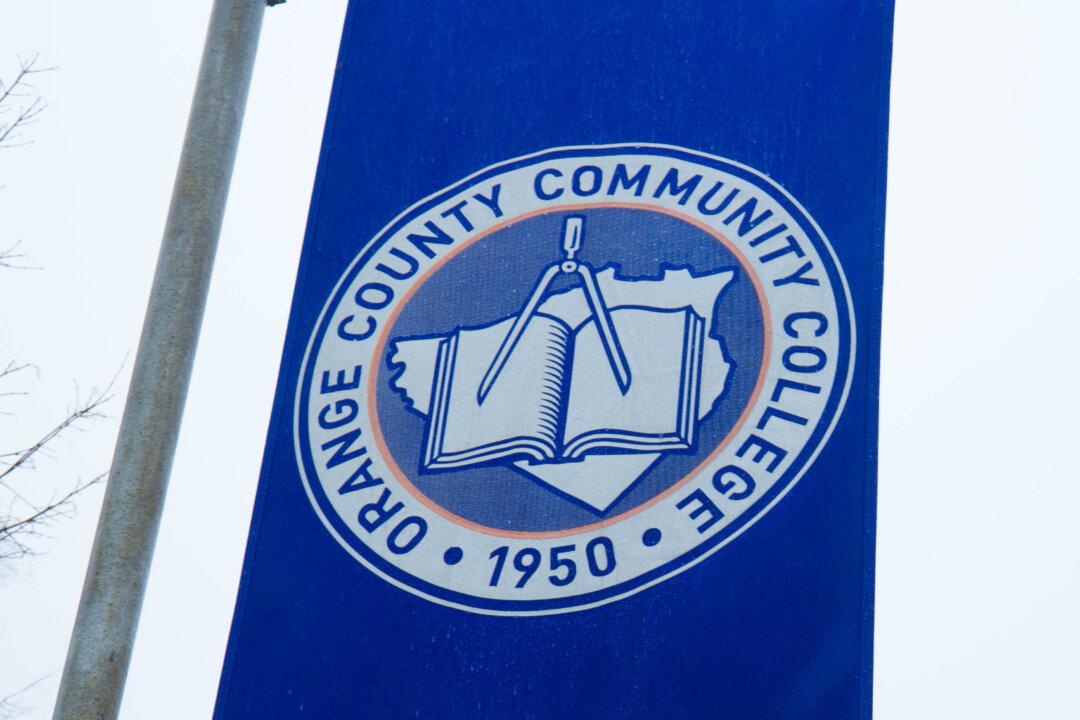SUNY Orange has gotten back a controversial accreditation the absence of which resulted in the threat of a lawsuit from students last year, and left other students unsure what accreditations they would graduate with this year.
The certification, given by Joint Review Committee on Education in Radiologic Technology (JRCERT), was for the school’s Radiologic Technology program, which trains students on X-ray equipment.
It’s not an essential accreditation for the program, and is not required to be a radiologic technician in most states, the college said.
The one state that does require it is Maryland, according to SUNY Orange President Dr. Kristine Young, which is where one student applied for a job last year.
That is how SUNY Orange found out it did not have the JRCERT accreditation.
For some undisclosed reason, former president Dr. Bill Richards requested the JRCERT accreditation be removed, but did not tell the 2015 graduating class about it.
Neither the students, nor the college’s Board of Trustees, which should have approved such a decision, were told, and according to the withdrawal letter, only a handful of people cc'd on the withdrawal letter were in the know.
At the time of the withdrawal, the college was in the process of doing a mid-way review for their accreditation. JRCERT found some “deficiencies” in the program and reduced the amount of time for which the program was accredited from eight years to six. Instead of making the changes JRCERT requested, Richards requested the certification end on May 21, the same day as the 2015 spring graduation.





